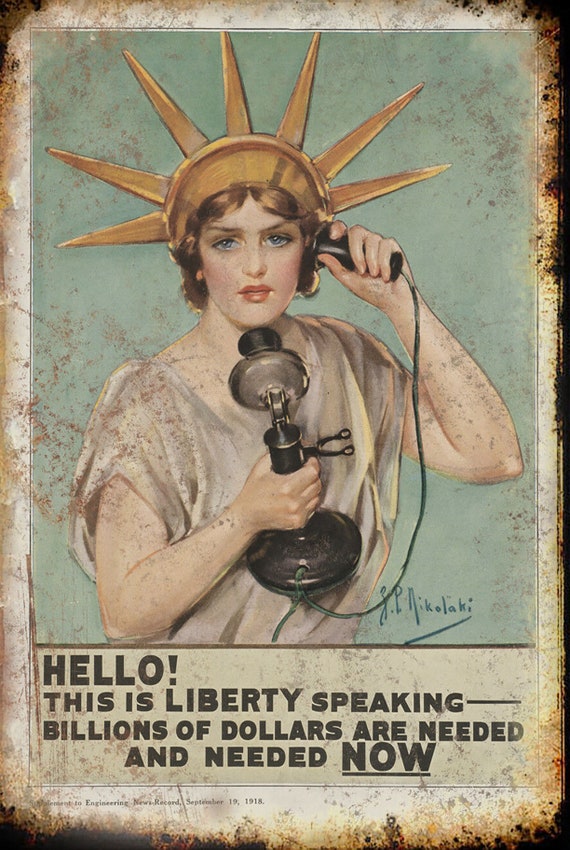
You can save money by purchasing Treasury bills. They provide all the benefits and returns of cash, with lower rates of return. They are also a safe way to invest. They are low-risk, easy to redeem, and very liquid on the secondary markets. Treasury bills can either be purchased at your bank, through a stockbroking agency, or via an auction. This is a great way to diversify your portfolio in times of economic uncertainty.
The purchase of Treasury bills can be done easily. Bids are published by the Central Bank of Nigeria in both national newspapers as well as on their website. First, the lowest bids will be accepted. Large financial institutions usually make the lowest bids. Until the issue sells, the next lowest offer is accepted.
By purchasing a treasury bills, you agree to pay the issuer the discount rate they offer. They also pay you the full bill value when the bill matures. You may be able to choose a rate that is slightly higher than the lowest bid if you feel the auction is very competitive. This way, you're guaranteed to receive the bills you want, even if they aren't in your preferred denomination.

A broker or bank will be required to submit your offer if you wish to make a strong bid. You will then need to pay the broker or bank. After that, you will receive the Tbills. You'll want to discuss transaction fees, commissions, and other fees before you make your purchase.
In a CDS account, you can also invest in multiple Treasury bill securities. A CDS account can be opened in your name or for a corporate entity. When you buy multiple Treasury bills in a CDS account, you'll be able to choose the discount rate you want to pay.
You will need to decide how long you would like the maturity period to last before you purchase T-bills. This is important, as Treasury bills interest rates will differ by maturity. The longer the maturity period, the less money you'll get back. Consider current interest rates when deciding on a maturity period. T-bills generally have maturity periods of 4, 8, 13, 26, or 52 weeks. You can purchase shorter-term Treasury bills through your bank, broker or government auction.
T-bills are also available for purchase through the Over The Counter market. This market is also known by the name "secondary market" because the price can be lower or greater than the issue price. Online stockbroking platforms can be used to buy Treasury bills. However you will need to pay commissions to the broker and bank. You can also use their mobile application to purchase T-bills from your bank if you prefer. The mobile application makes it easy to search for the treasury notes you're most interested in. You can also receive SMS notifications about treasury bill availability.

To purchase treasury notes through a bank/broker, you will need to complete an application form. An application form will provide information about your name as well as your address and the source for your funds. You'll also need to provide your CDS account number.
FAQ
What is the role and function of the Securities and Exchange Commission
SEC regulates securities brokers, investment companies and securities exchanges. It enforces federal securities regulations.
How are securities traded
Stock market: Investors buy shares of companies to make money. To raise capital, companies issue shares and then sell them to investors. Investors then sell these shares back to the company when they decide to profit from owning the company's assets.
Supply and Demand determine the price at which stocks trade in open market. The price rises if there is less demand than buyers. If there are more buyers than seller, the prices fall.
There are two ways to trade stocks.
-
Directly from the company
-
Through a broker
What is the difference of a broker versus a financial adviser?
Brokers are individuals who help people and businesses to buy and sell securities and other forms. They take care of all the paperwork involved in the transaction.
Financial advisors can help you make informed decisions about your personal finances. They help clients plan for retirement and prepare for emergency situations to reach their financial goals.
Financial advisors may be employed by banks, insurance companies, or other institutions. Or they may work independently as fee-only professionals.
If you want to start a career in the financial services industry, you should consider taking classes in finance, accounting, and marketing. Also, you'll need to learn about different types of investments.
Can bonds be traded
Yes, they are. As shares, bonds can also be traded on exchanges. They have been for many, many years.
The main difference between them is that you cannot buy a bond directly from an issuer. You must go through a broker who buys them on your behalf.
It is much easier to buy bonds because there are no intermediaries. This means that selling bonds is easier if someone is interested in buying them.
There are many types of bonds. Some bonds pay interest at regular intervals and others do not.
Some pay interest annually, while others pay quarterly. These differences allow bonds to be easily compared.
Bonds are very useful when investing money. If you put PS10,000 into a savings account, you'd earn 0.75% per year. If you were to invest the same amount in a 10-year Government Bond, you would get 12.5% interest every year.
You could get a higher return if you invested all these investments in a portfolio.
What is a REIT?
A real estate investment trust (REIT) is an entity that owns income-producing properties such as apartment buildings, shopping centers, office buildings, hotels, industrial parks, etc. These are publicly traded companies that pay dividends instead of corporate taxes to shareholders.
They are similar in nature to corporations except that they do not own any goods but property.
How can I invest in stock market?
Through brokers, you can purchase or sell securities. A broker sells or buys securities for clients. When you trade securities, you pay brokerage commissions.
Banks charge lower fees for brokers than they do for banks. Banks are often able to offer better rates as they don't make a profit selling securities.
A bank account or broker is required to open an account if you are interested in investing in stocks.
If you are using a broker to help you buy and sell securities, he will give you an estimate of how much it would cost. This fee will be calculated based on the transaction size.
You should ask your broker about:
-
To trade, you must first deposit a minimum amount
-
What additional fees might apply if your position is closed before expiration?
-
What happens to you if more than $5,000 is lost in one day
-
How many days can you keep positions open without having to pay taxes?
-
whether you can borrow against your portfolio
-
How you can transfer funds from one account to another
-
how long it takes to settle transactions
-
The best way buy or sell securities
-
How to Avoid Fraud
-
How to get help if needed
-
How you can stop trading at anytime
-
whether you have to report trades to the government
-
Whether you are required to file reports with SEC
-
whether you must keep records of your transactions
-
How do you register with the SEC?
-
What is registration?
-
How does it impact me?
-
Who is required to be registered
-
When do I need to register?
Statistics
- Even if you find talent for trading stocks, allocating more than 10% of your portfolio to an individual stock can expose your savings to too much volatility. (nerdwallet.com)
- Individuals with very limited financial experience are either terrified by horror stories of average investors losing 50% of their portfolio value or are beguiled by "hot tips" that bear the promise of huge rewards but seldom pay off. (investopedia.com)
- Ratchet down that 10% if you don't yet have a healthy emergency fund and 10% to 15% of your income funneled into a retirement savings account. (nerdwallet.com)
- Our focus on Main Street investors reflects the fact that American households own $38 trillion worth of equities, more than 59 percent of the U.S. equity market either directly or indirectly through mutual funds, retirement accounts, and other investments. (sec.gov)
External Links
How To
How to make a trading plan
A trading plan helps you manage your money effectively. It will help you determine how much money is available and your goals.
Before you start a trading strategy, think about what you are trying to accomplish. You may want to make more money, earn more interest, or save money. You might consider investing in bonds or shares if you are saving money. You could save some interest or purchase a home if you are earning it. Maybe you'd rather spend less and go on holiday, or buy something nice.
Once you have a clear idea of what you want with your money, it's time to determine how much you need to start. It depends on where you live, and whether or not you have debts. It is also important to calculate how much you earn each week (or month). Income is what you get after taxes.
Next, make sure you have enough cash to cover your expenses. These include rent, bills, food, travel expenses, and everything else that you might need to pay. All these things add up to your total monthly expenditure.
Finally, you'll need to figure out how much you have left over at the end of the month. That's your net disposable income.
This information will help you make smarter decisions about how you spend your money.
To get started, you can download one on the internet. You could also ask someone who is familiar with investing to guide you in building one.
Here's an example.
This shows all your income and spending so far. Notice that it includes your current bank balance and investment portfolio.
Here's an additional example. This was created by a financial advisor.
This calculator will show you how to determine the risk you are willing to take.
Remember: don't try to predict the future. Instead, put your focus on the present and how you can use it wisely.